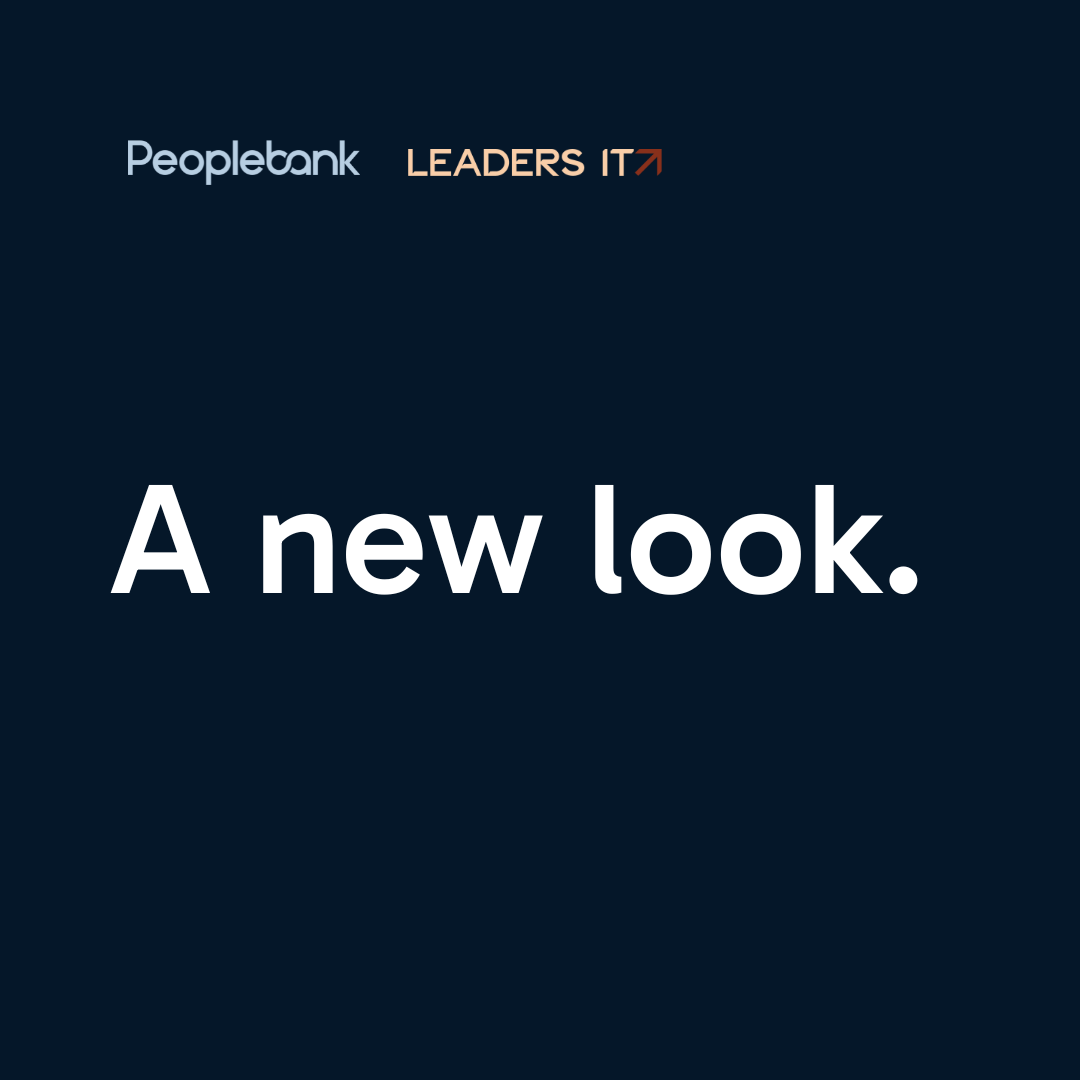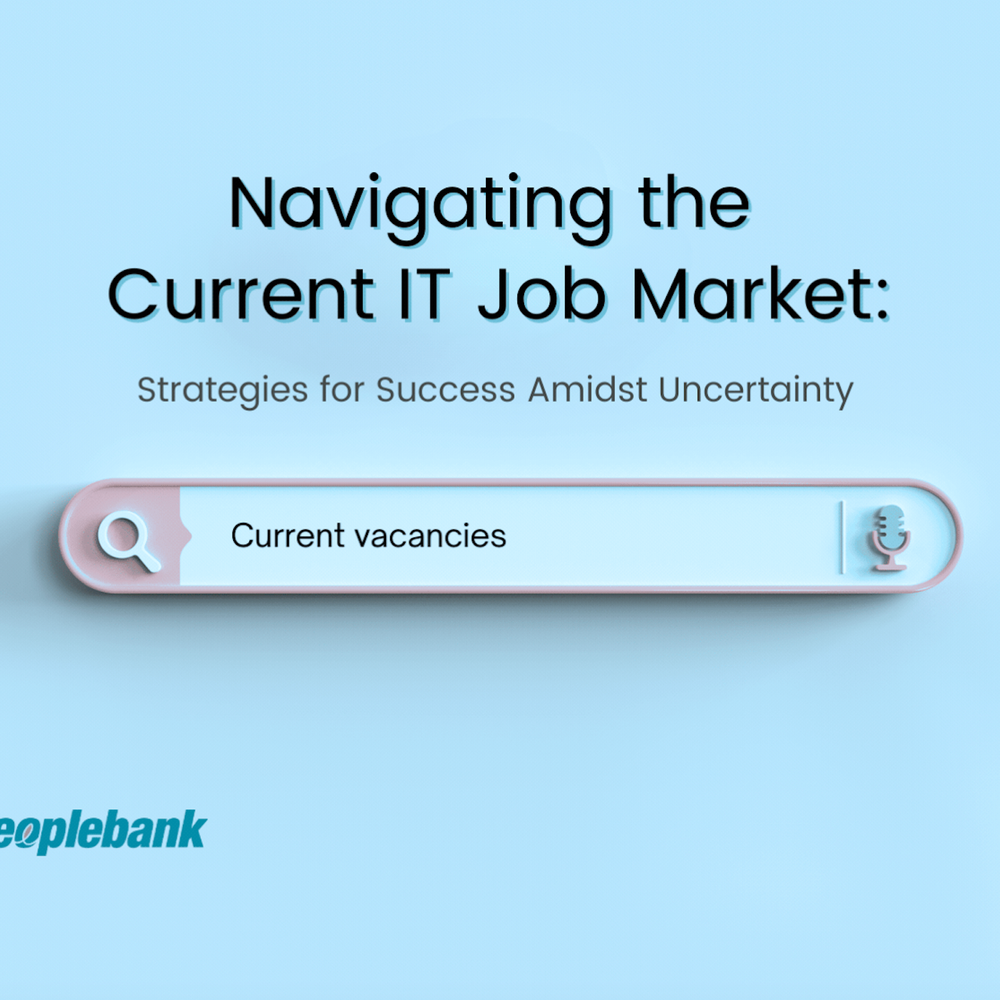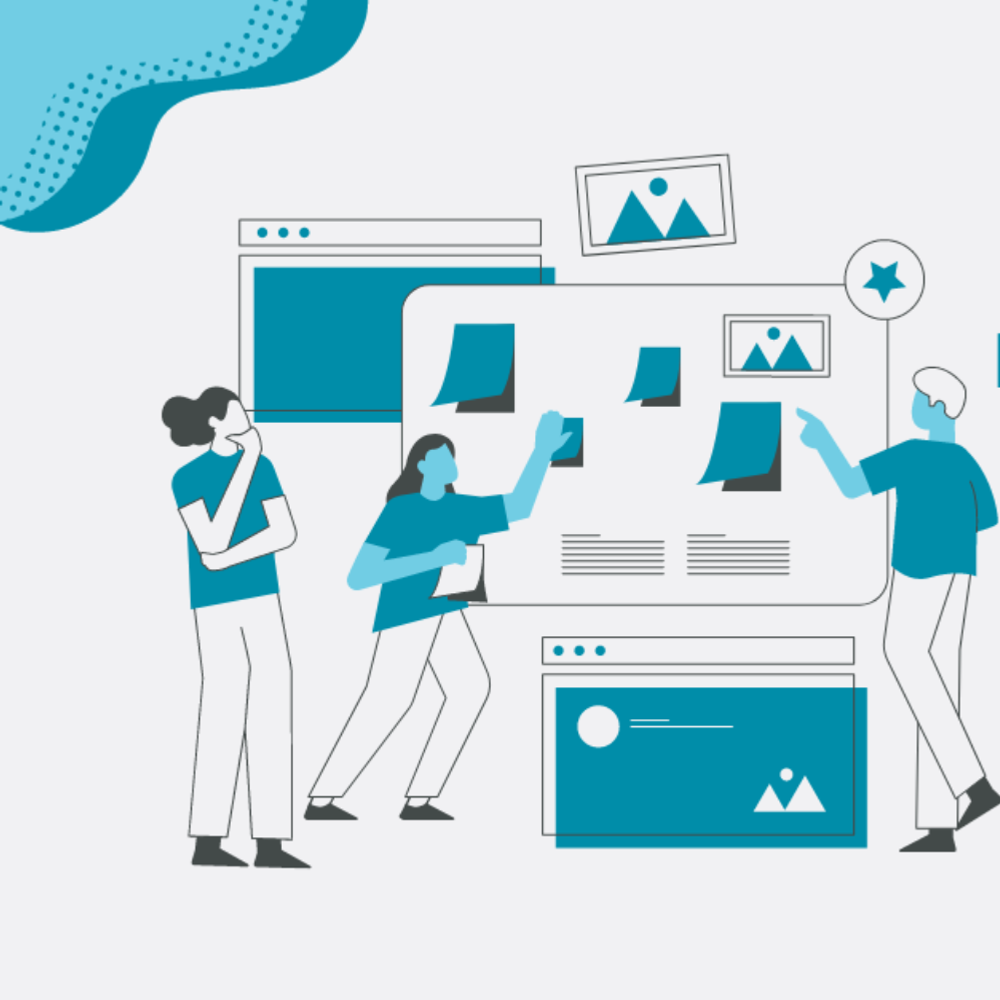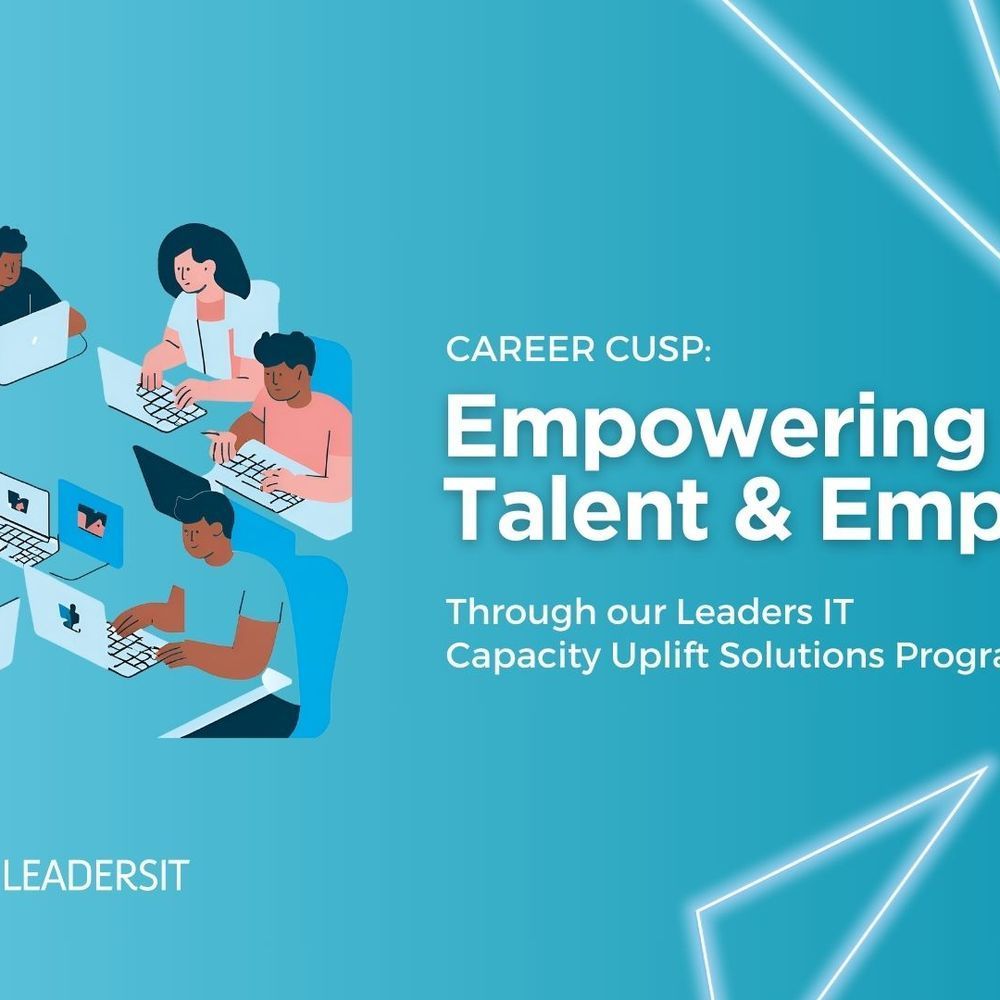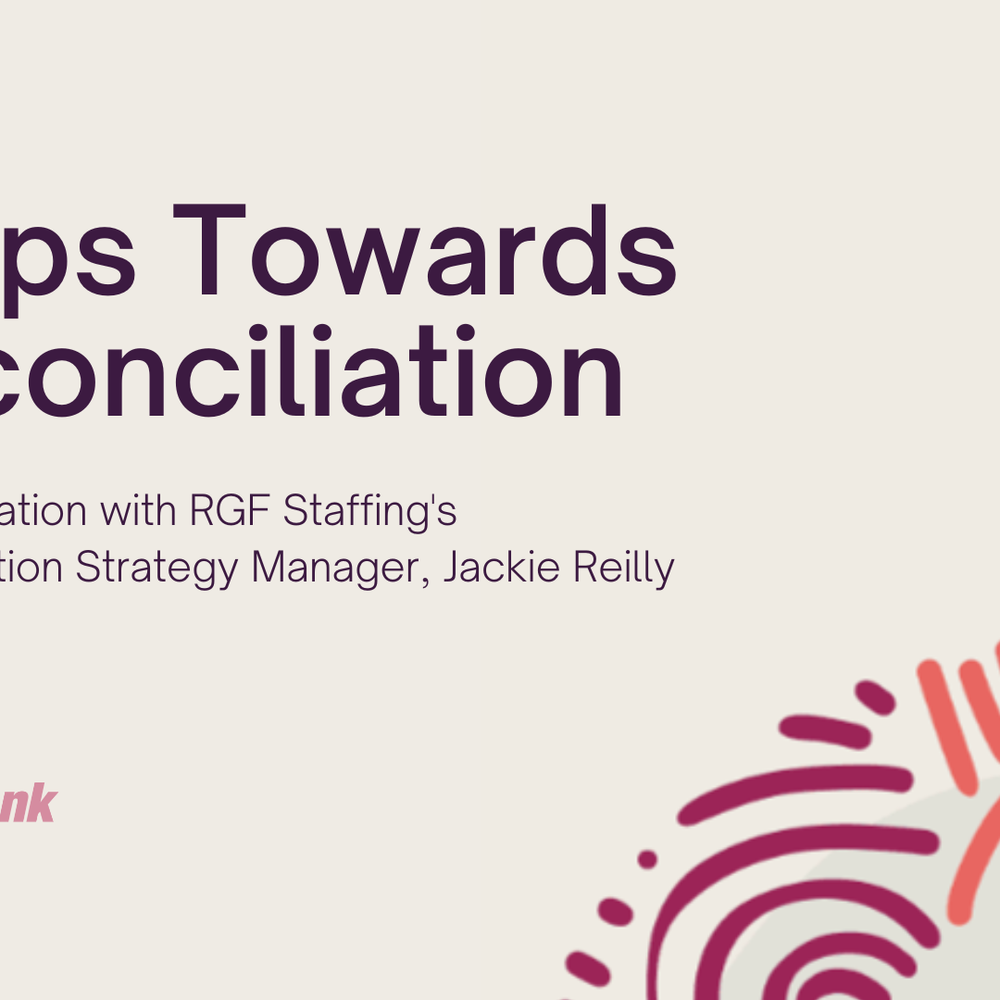Top Resume and Interview Tips
Some resume tips:
Your resume is the first thing a potential employer will see from you. Make sure you take time planning and thinking about your resume, which is not just an overview of your technical skills but should also demonstrate your written, communication and organisational skills.
Your resume can make you stand out from the crowd and persuade the employer to move your application onto the next stage. Remember, there may be many people applying for the same job. So why should an employer shortlist you above others?
Things to triple check: spelling, dates of employment, tenses. Read and re-read: spell check will not pick up on all errors, punctuation or misused words (e.g. Manger instead of Manager).
How long should my resume be?
The most important thing to remember when writing your resume is to be concise and specific.
It should be long enough to provide specific details of your experience that is most relevant to the role you are seeking. List what you actually did and what you have achieved.
Concentrate on providing a detailed description of your work over the last 5-7 years. You can list earlier experience, but keep it brief.
If you were part of a team, detail the team’s work/project and provide details of the actual work you did within that project.
What about my references?
You should have three recent referees available to provide references for you.
Your referees should be people who can provide detailed responses on how well you performed your tasks and responsibilities, they should be someone you actually reported to and you must get their permission first.
Keep in contact with your referees, especially when you are actively seeking a new role as it is likely that someone will call them and ask about you.
Resume do’s:
- Make sure your resume is easy to read, concise and to the point.
- Address each selection criteria listed in the job advertisement and make sure these are also listed in the body of your resume.
- Stick to short sentences and keywords.
- List your outcomes and achievements – not just your daily activity.
- Be sure to focus on what you can do for the employer, include specific examples.
- Always quantify your past achievements and experiences.
- Use a font that is easily legible – take extra pages if needed to explain your relevant experience.
- Be specific. Keep to the point and include only what will sell your skills and abilities.
- Use white space in your resume. It’s easier to digest and looks better than a cluttered resume
Interview Tips
- Be on time – you should aim to arrive 10-15 minutes before your interview starts.
- Pay attention to your personal grooming and dress appropriately for the organisation – research this before your interview.
- Your success or failure in an interview is determined within the first five minutes - make sure you create a positive first impression.
- Be sure to smile, give a firm handshake, maintain eye contact and importantly have positive and interested body language.
- At the beginning of an interview be ready to discuss some of your interests and experiences (most often those outside of work) as an icebreaker.
- Demonstrate to the interviewer that you have a good understanding of the industry, the company and the role by adding information you have learnt from research to your answers and by asking informed questions of your interviewer.
- Prepare specific questions about the role and company that you wish to ask.
- When answering questions, use practical examples from past experiences that demonstrate you have the skills and personality traits for the job.
- Take your time before answering questions, although not too much time.
- Listen carefully to questions, if you don’t understand a question, or did not hear it properly, ask for clarification.
- Always be sure to connect your skills and experience to the needs of the employer.
- Keep positive throughout - even if the interview seems a disaster.
- Sell yourself. Your resume has got you this far, but you now need to communicate why you are the right person for the job.
- Remember it is an interview - don’t be too informal, even though the interviewer may have put you at ease.
- Always thank them for their time and let them know that you are interested in the role.





